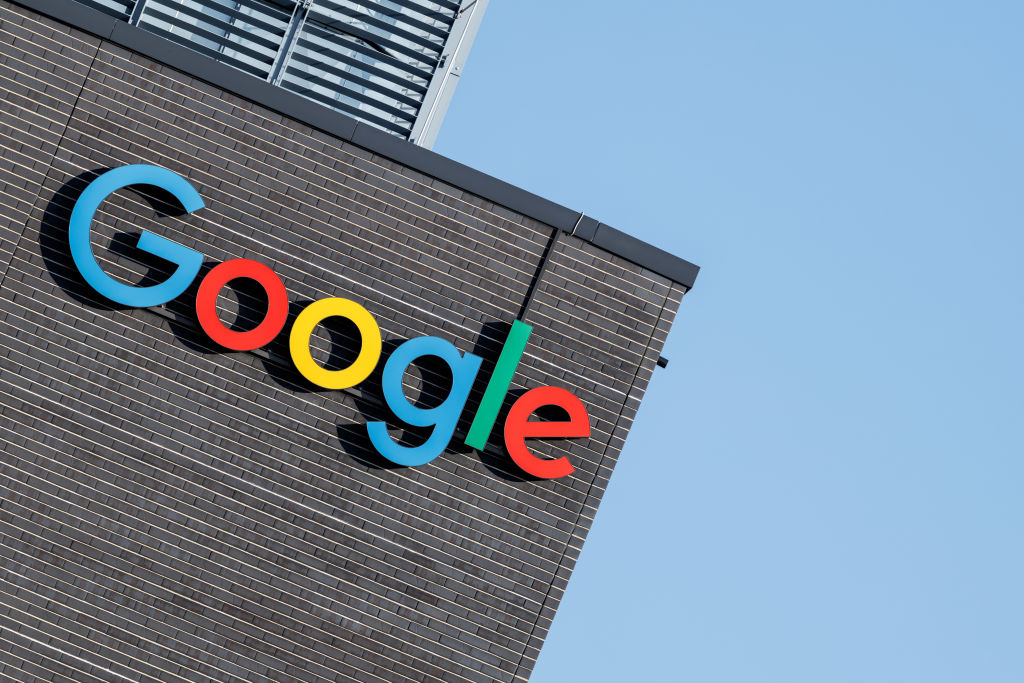Game-Changer: Judge Declares Google Violated Antitrust Laws in AdTech, Sparking Potential Breakup
In a significant ruling for the digital advertising landscape, a federal judge has determined that Google has violated antitrust laws by “willfully acquiring and maintaining monopoly power” within the advertising technology market. This ruling concludes a lengthy two-year legal battle initiated by the U.S. government and eight states against the tech giant.
Details of the Antitrust Ruling
Following a recent court filing, the judge will establish a briefing schedule and a hearing date to discuss suitable remedies for Google’s antitrust violations. Potential remedies include:
- Divestiture: Google may be required to sell parts of its advertising business, such as Google Ad Manager, which includes the AdX ad exchange and the DoubleClick for Publishers (DFP).
- Behavioral Remedies: Alternatively, Google could be allowed to retain its business but would face restrictions to ensure fair competition, such as prohibiting the prioritization of its own exchange or demand during auctions.
Related Cases and Implications
In an earlier antitrust case, another federal judge ruled last year that Google had illegally monopolized the general internet search market. While remedies for that case are still pending, they are anticipated to be announced by mid-2025.
Judge Leonie M. Brinkema noted in her memorandum opinion that the plaintiffs did not successfully demonstrate that “open-web display advertiser ad networks” constitute a relevant market where Google holds monopoly power. These networks are crucial for advertisers seeking to purchase display ads outside of closed ecosystems like Facebook and Instagram.
Judge’s Findings on Google’s Practices
Despite this, the judge confirmed that Google violated the Sherman Act by unlawfully tying together components of the adtech stack—specifically the DFP and AdX—and abusing its monopoly power in the publisher-side ad tech sector.
Google’s Response
In response to the ruling, Lee-Anne Mulholland, Google’s vice president of regulatory affairs, stated, “We won half of this case and we will appeal the other half. The Court found that our advertiser tools and acquisitions, such as DoubleClick, do not harm competition. We disagree with the Court’s decision regarding our publisher tools. Publishers have many options, and they choose Google because our ad tech tools are simple, affordable, and effective.”
Background of the Case
The lawsuit was filed by the Department of Justice in January 2023, alongside California, Colorado, Connecticut, New Jersey, New York, Rhode Island, Tennessee, and Virginia. The DOJ claims Google established its monopoly through anti-competitive practices, particularly after acquiring DoubleClick in 2008, which became integral to its ad business. In 2011, Google also acquired AdMeld to enhance its control over the ad market’s supply side, leading to increased ad prices and larger cuts from sales, to the detriment of publishers.
Trial Timeline
The trial for this antitrust case commenced in September 2024 and spanned three weeks, concluding with closing arguments presented in late November. For more information on antitrust laws and their impact on the tech industry, visit FTC Antitrust Laws.
This article has been updated to provide additional context concerning the ongoing case.







